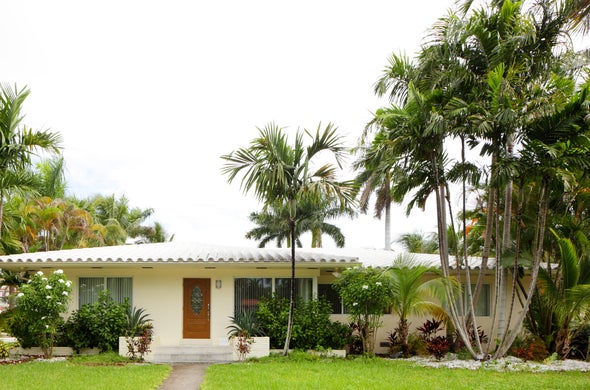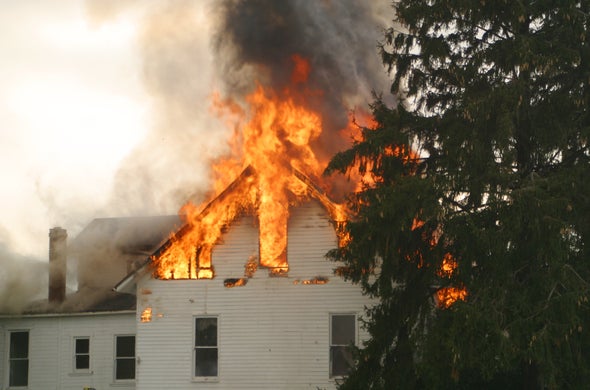Why you'll love Kin
You get more than coverage — you get a team that follows through.
Here to help
We reach out before, during, and after major weather events to make sure you’re okay — and to assist if you need to file a claim.
24/7 claims support
Easily file a claim over the phone with a member of our support team or online in your Customer Portal.
5-star care
Licensed Kin agents are easy to reach and ready to listen. Contact us via email, phone, or live chat.
What does landlord insurance cover?
Safeguard your investment and the people who count on it — with coverage that works as hard as you do.
Property coverage
for the dwelling structure, other structures, and any personal property used to service the rental that you leave onsite.
Fair rental value coverage
if a covered event makes your property temporarily unfit for occupation.
Personal liability coverage
if someone is injured on your property and you are held legally responsible.
Common questions about landlord insurance
What is landlord insurance?
Landlord insurance (referred to within the industry as a DP3 policy) is a type of property insurance designed specifically for owners renting out one or more residential homes, condos, or apartments. It provides financial protection for the structure of the rental property, loss of rental income, and liability related to the rental.
How does landlord insurance work?
When a landlord rents out a property, standard homeowners insurance typically no longer applies. Landlord insurance steps in to cover situations specific to rental activities. It helps pay for:
- Property damage caused by covered incidents, officially known as perils (e.g., fire, lightning, wind)
- Lost rental income if the property becomes uninhabitable due to a covered peril
- Liability claims if a tenant or visitor gets injured on the property
Claims are filed similarly to other insurance policies—once a covered incident occurs, the landlord files a claim, pays any applicable deductible, and then receives reimbursement for covered losses.
How much does landlord insurance cost?
Landlord insurance typically costs 15% to 25% more than homeowners insurance. That’s because it covers more risks, including tenant-related damage and loss of rental income. The average cost of homeowners insurance in the U.S. is around $3,303 per year. That would mean the average price of a landlord policy may range from $3,798 to $4,129.
Still, the exact cost of landlord insurance will depend on several factors, including:
- Property location: Homes in areas with high crime, extreme weather, or flood risk usually cost more to insure.
- Property type and age: Older homes or multi-unit buildings tend to have higher premiums.
- Replacement cost value: The higher it is, the more your policy will cost.
- Coverage limits and deductibles: Choosing higher limits or lower deductibles increases the premium.
- Tenant type: Long-term leases typically cost less to insure than short-term vacation rentals.
- Claim history: A history of insurance claims may raise your rates.
What additional coverages should landlords consider?
In addition to a standard landlord policy, you may want to consider these optional coverages:
- Flood insurance: Protects your property from flood damage, which isn't covered by standard landlord insurance.
- Windstorm or hurricane coverage: Especially important in coastal areas, this helps cover wind-related damage.
- Sinkhole coverage: In states like Florida, insurers must offer this to cover the cost of repairing sinkhole damage.
- Sewer or water backup: Covers damage from backed-up drains or sump pump failures.
- Vandalism coverage: Protects against malicious property damage by tenants or intruders.
- Loss of rent coverage: Helps reimburse you for lost rental income if the property becomes uninhabitable due to a covered event.
- Ordinance or law coverage: Helps cover the cost of bringing your property up to current building codes after a covered loss.
Do I really need landlord insurance?
If you’re making money off of your property by charging rent, you most likely need landlord insurance.






